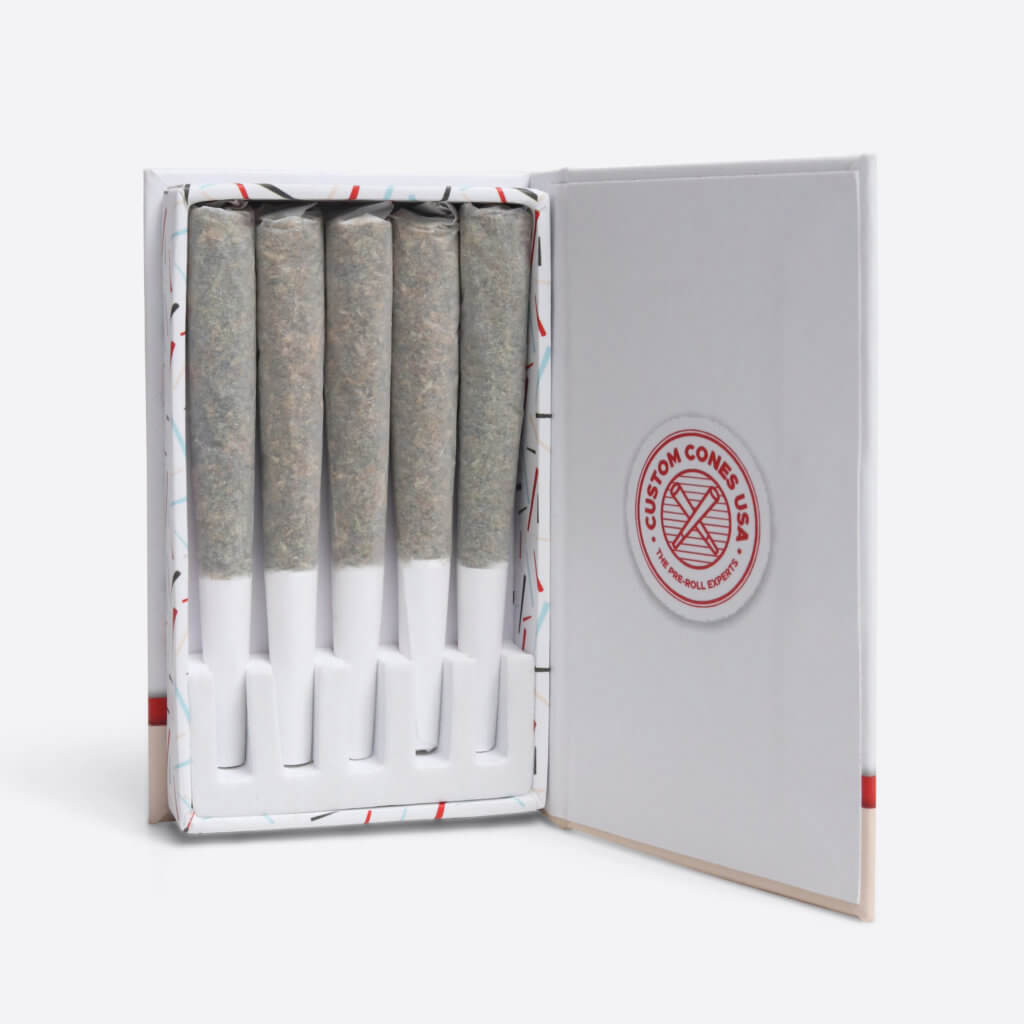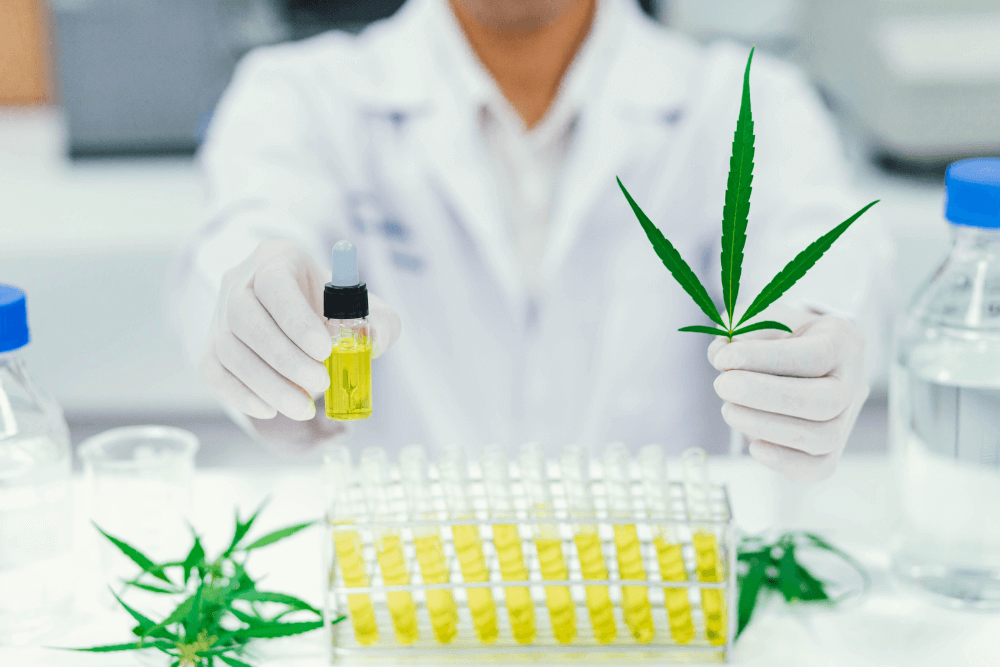With the advantage of watching several other states blaze the regulated and tested trail before it, the state of Maryland’s cannabis testing program is one of the more robust and modern of the current industry. After long delays, the state’s medical program – which included a testing program – finally got off the ground in 2017. Then in November 2022, voters approved recreational, adult-use cannabis. Sales officially began in February 2023. And like all legal states, Maryland requires producers to have their products lab-tested to ensure consumer safety, including a few additions or changes that early-adopter states may not include in their programs.
Under Maryland state law, all “raw plant material” including pre-rolls are required to be tested at a state-licensed laboratory for:
- Moisture Content and water activity;
- Residual solvents and processing chemicals;
- Residual pesticides;
- Microbial impurities;
- Mycotoxins;
- Foreign materials;
- The “big four” heavy metals (arsenic, cadmium, lead and mercury) and chromium;
- Cannabinoids; and
- Terpenes
Aside from cannabinoids and terpenes – which is information consumers often look for and want to know when purchasing – all the rest are safety issues.
“Laboratory testing minimizes the risk of pesticides, microbes, heavy metals, toxins, and residual solvents from being consumed by an immunocompromised population,” reads the most recent revision of the Maryland Cannabis Administration’s Technical Authority For Cannabis, a 33-page document detailing the requirements and procedures labs in the state must perform on cannabis products.

Like many states that have come online in later waves of legalization, Maryland law requires testing of cannabis products in their final form. That, for example, means testing the completed, fully-packed pre-roll, not just the flower that gets packed into it.
That means all your ingredients, including your pre-rolled cones, need to be as clean as your flower, or you risk losing the whole batch due to a failed test.
MICROBIALS AND MYCOTOXINS
While adult-use cannabis sales continue to climb, Maryland still has a fairly robust medical marijuana program that includes nearly 134,000 patients. For those consumers in particular, making sure the cannabis products they use, including pre-rolls, are as safe as possible is vitally important.
Testing for Microbials and Mycotoxins, for example, while important safety considerations for healthy users, is key for those who may be immunocompromised. Mycotoxins are a toxic compound produced by molds, such as Aspergillus, and can suppress the immune system and cause liver damage.
Maryland requires testing for two classes of mycotoxins, Aflatoxins and Ochratoxin A. Both have properties that can alter DNA and potentially cause the formation of cancer cells. Testing for mycotoxins help ensure cannabis products are safe for human consumption.
Regulations require a total mycotoxin concentration of less than 20 parts per billion in order to make it to dispensary shelves.
Maryland law also requires testing for E. coli and Salmonella, among others.
In a similar vein is the requirement to test for water activity, a measure of the available water that can be a breeding ground for microbiological growth. Like most states, Maryland caps water activity at 0.65 Aw in flower and pre-rolls, since water activity above 0.70 Aw creates the conditions for mold to grow, which can be harmful if consumed.
HEAVY METALS INCLUDING CHROMIUM
Heavy metals are absorbed into the plant from the soil and can damage all the body’s vital systems, including respiratory, central nervous and even the reproductive system.
Like many states, Maryland requires testing for the “big four” heavy metals mercury, cadmium, lead, and arsenic, which are toxic to humans, even at small doses. But unlike many legacy markets, Maryland is among a handful of recently-legal states that also require testing for chromium, another dangerous heavy metal. Once chromium reaches the bloodstream, it can damage the kidneys, liver and blood cells with the potential for renal and liver failure if untreated.
RESIDUAL PESTICIDES AND CHEMICALS
Maryland also has strict laws regarding the use of pesticides and other “crop protection agents” (like fungicides) on cannabis. There are 146 crop protection agents approved for use on cannabis by the Maryland Department of Agriculture.
The state also specifically requires testing for 48 pesticides and plant growth regulators, each with their own actionable limits, any of which can require the product to be destroyed.
There are similar requirements for residual solvents used in the process to create cannabis extracts for vape cartridges or infused pre-rolls.
LAB REQUIREMENTS
Along with direction on actionable limits, Maryland requires that all cannabis products be tested at one of the four labs that are certified by the state and accredited to ISO/IEC 17025 by an International Laboratory Accreditation Cooperation (ILAC) recognized third party.
Additionally, the state offers guidance on exactly how samples are to be collected and maintained, including notes on be sure the lab is clean and that employees use personal protective equipment to ensure samples are not contaminated. There is also direction on the standard operating procedures required for some of the tests.
“To reliably provide the laboratory with a representative sample, standard sampling methods with descriptive steps must be applied with quality and consistency,” reads the technical authority document. “All sampling must be consistently performed using accepted methodologies.”
PRE-ROLL COMPLIANCE AND SAFETY
As noted, Maryland’s cannabis testing is done on products in their final form, meaning that, for example, any pre-rolls must be tested after being packed in their cones. That means that no matter how attentive to the rules you are, your product can still fail if your pre-roll supplier is not as diligent as you are.
On top of that, customers – especially medical patients – should not be worried that the products they are using to help feel better will make them sicker, whether they purchase a pre-roll at a store or pack a cone at home themselves with their favorite flower.
“You’re putting something in your body; make sure it’s high quality,” says Custom Cones USA Compliance Manager André Bayard.
Testing is not required on rolling papers and pre-rolled cones, so many producers do not know what they are getting in their paper, which can contain all of the same dangers as cannabis. For example, a study from California’s SC labs found that 11% of rolling papers they tested would fail that state’s testing regiment, which doesn’t even include Chromium, and that 90% of rolling papers contained heavy metals with more than 8% containing them at a rate above the allowable limits
Bayard recommends making sure your pre-roll supplier has COAs available to prove their products are clean and will pass tests or will send you samples for you to test before committing to a full order.
“Work with a company that focuses on those requirements and are trying to set the industry standard with their products,” Bayard says. “Any one issue can be detrimental to your brand reputation.”
JOIN US AT THE FOREFRONT: REGISTER FOR NCIA’S MARYLAND STAKEHOLDER SUMMIT
Don’t miss out on the opportunity to delve deeper into Maryland’s cannabis landscape at the upcoming NCIA Maryland Stakeholder Summit 2024. This event, hosted by the National Cannabis Industry Association on Tuesday, April 2nd in Baltimore, MD brings together key players, industry experts, and stakeholders to discuss the latest developments, regulations, and opportunities shaping Maryland’s cannabis market.
As a special offer for Industry Insights readers, NCIA is excited to provide a 20% discount code for summit registration. Simply use the code CUSTOMCONESMD25 at checkout to unlock your savings and secure your spot at this must-attend event.
Whether you’re a producer, retailer, advocate, or simply interested in learning more about the industry, this summit offers invaluable insights and networking opportunities. Join us as we explore strategies for navigating regulatory challenges, ensuring product quality, and driving innovation in this dynamic sector.
Register now to secure your spot at the Maryland Stakeholder Summit and be part of the conversation driving Maryland’s cannabis industry forward. Don’t miss your chance to connect with industry leaders, gain valuable knowledge, and contribute to the growth and success of Maryland’s cannabis market.
Register here and be at the forefront of Maryland’s cannabis revolution!




Follow NCIA
Newsletter
Facebook
Twitter
LinkedIn
Instagram
–